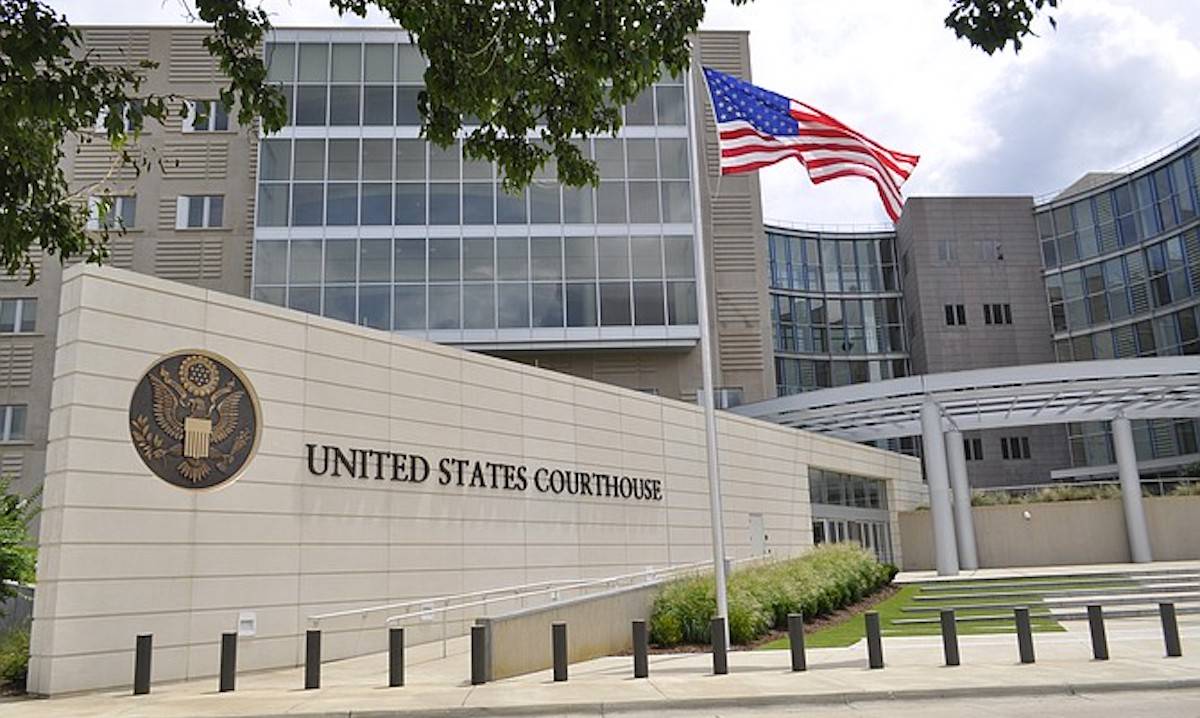On April 30, the State of Mississippi published its remedial plan to address the issues identified in the mental health lawsuit. In the plan, the state asserted that “Mississippi is now in substantial compliance with the ADA, as it has addressed or will imminently address the violations the Court believed to exist. Therefore, there is no basis for ordering relief on those claims.” It was also stated in the remedial plan that “Mississippi has now implemented the community-based services that satisfy the standard and evidence that the United States presented at trial.”
From a lay perspective, it seemed that the State was making these three points:
1) It maintained the same position that it had at trial that it is not in violation of the ADA (this may mean that the State is planning to appeal depending on Judge Reeves final ruling) and
2) That even if the State was in violation of the ADA during the time covered by the lawsuit (up to December 2018), it had done so much to improve the mental health system since then that it no longer is in violation and that
3) If Judge Reeves did decide that Mississippi’s mental health system needed to make further changes this should be done in a way that does not allow the federal government to overreach into “the inner, day-to-day workings of State government.” (It is possible that this point includes the State’s position that any proposed remedy should not be overseen by an independent monitor.)
On Friday, May 14th, in response to the state’s remedial plan and report, the Department of Justice filed a motion. The DOJ said that the state had “impermissibly introduced and relied on extra-record information about Mississippi’s mental health system”, and had done so without asking the court if it could supplement the record, without conferring with the DOJ, and without providing supporting documentation except for a “conclusory declaration” by the Executive Director of DMH. The DOJ asked the court in this supporting memorandum to either strike the assertions made by the State from the record, or alternatively to allow the DOJ to pursue limited discovery about the developments that the State asserted in their remedial plan and report had occurred after the trial had ended.
If Judge Reeves decides to allow the record to be updated to account for relevant changes to the State’s adult mental health system since the trial ended, the DOJ is requesting limited discovery over a 3-month period, “so that it may assess the State’s alleged post-trial developments and submit proposed supplemental facts…” The DOJ proposes to limit its scope to developments relating to community-based service funding and utilization, State hospital funding and utilization, strategic planning and performance assessment, and treatment outcomes for individuals experiencing or at risk of State hospital admission.
This footnote on the bottom of page 7 highlights a practical point for consideration: “For example, the Court has not found—and has no basis for finding, aside from the State’s unsupported claims—that the State has implemented or begun implementing 16 Intensive Community Outreach and Recovery Teams (ICORTs), a service that did not exist at the trial evidentiary cutoff of December 31, 2018. (4 See ECF No. 262 at 6.) It bears emphasis that the State asks the Court to accept this untested modification as a substitute for PACT—a vital service that the Court determined was “unavailable and under-enrolled” in Mississippi based on extensive evidence—even though ICORT was not the subject of any testimony or documentary evidence at trial or any discovery since the trial. (See ECF No. 234 at 19. Emphasis added).”
We are still unclear if Intensive Community Outreach and Recovery Teams (ICORTs) are an evidence-based practice and how they are designed to help people with mental illness live and work in the community (for example, by using approaches such as supported housing and supported employment). You can read the standards for these teams beginning on page 250 of the Department of Mental Health’s Operational Standards. We look forward to learning more about these teams and how they help people live and work in the community as the next steps in this process unfold.
The United States Justice Department’s proposed remedial plan for the State to address the ways in which Mississippi was found in violation of the Americans with Disabilities Act by over-relying on institutional care is due by this Friday, May 21.
The Special Master’s input is due to the court by June 4. A hearing on the remedy is set for July 12 at 9:00 a.m. in Courtroom 5B of the Federal Courthouse in Jackson before Judge Reeves. We will continue to follow this case and update you as further developments in the case occur.

